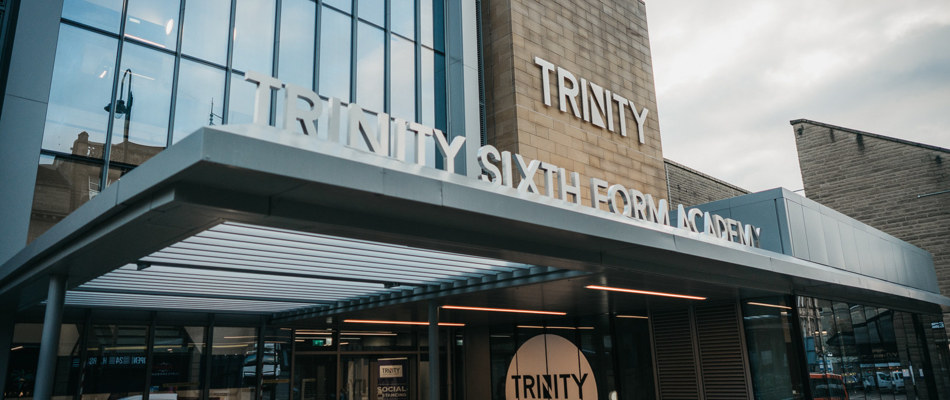Judge, jury, and fortune-teller: 2021 admissions
Back
It is that time of year where we normally look forward to meeting all of our prospective Y11 students wanting to apply and gain a place in our respective institutions. Many refer to the process as an ‘admissions interview’, but we call it a ‘guidance meeting.’ Essentially, it is the same process, finding out as much as we can about prospective students, offering them good advice on subject choices and firming up what we hope will be a great relationship for the subsequent two years of their academic lives (and hopefully beyond as alumni). But for a second consecutive year, we face a layer, or layers, of additional challenge, and as a result these meetings have become even more important.
I lead an academic sixth form in west Yorkshire which has seen substantial in-year growth, mainly due to a new town centre building. We offer two dozen A-Levels in any given year and half a dozen BTEC qualifications. We close our applications in February and hold our guidance meetings, which are usually informed by the holy trinity of attendance, conduct and predicted or current grades, to help us issue places and conditional offers. But with everything that is brewing regarding this year's Summer assessments, with arrangements for teacher assessed grades, standardisation, external sampling, appeals, and results day all yet to be decided, I am reluctant to ask any of our feeder secondary schools for grades.
So, after careful consideration and lots of discussion, we have opted to rely on school references and the guidance meetings themselves. Our reference form is pretty standard, asking questions about course options, attendance for remote learning from January, attendance for face-to-face provision from September to December, punctuality, conduct/behaviour, attitude to learning, and disciplinary records. We also ask whether the referee thinks the course choices are realistic and appropriate for the student in question. But that is as far as we have gone with regards to grades or predictions.
Our guidance meeting also lends itself to finding out as much as we can about students, without making the process overly onerous or complicated. This year, guidance meetings will be conducted over telephone and we will ask 12 questions:
- How would you describe your approach to school?
- Tell me about your current attendance?
- Why have you selected these subject choices?
- Tell me about your plans for post college?
- What do you hope your final career path will be?
- What extra-curricular activities have you participated in so far?
- Are there any extra-curricular activities that you would especially like to participate in at college?
- What do you expect college to be like?
- Is there anything that is worrying you about college?
- What’s been your greatest achievement so far?
- Can you describe a time when you have faced an obstacle that you have had to overcome?
- Have you any questions for us?
This is by no means comprehensive, but I hope it goes somewhere to supporting college leaders in their decisions around interviews and guidance meetings. One of the most important things that we must not overlook is the importance of going into this process with a positive mindset. There is a lot to get bogged down with at the moment and it can feel like a progressive approach is nigh on impossible to achieve as we bounce through the year at alarming pace! Despite the challenge – and the feeling of a loss of control – posed by losing the crutch of grade predictions, there is also an opportunity to think about guidance conversations differently, delving into the personality and ethos of a student as well as their academic background. If your college or school will also be assigning new importance to interviews, it just means you have to be even more intentional about how you design and conduct them. In the style of Geoff Barton from ASCL, I‘ll finish with a good quote from Abe Lincoln:
“We can complain because rose bushes have thorns, or we can rejoice because thorn bushes have roses.”
As ever, please feel free to add further (or contrasting) ideas to the SFCA Hub. I am keen to know more about others' approaches!
Michael Fitzsimons is principal of Trinity Sixth Form Academy in Halifax.

